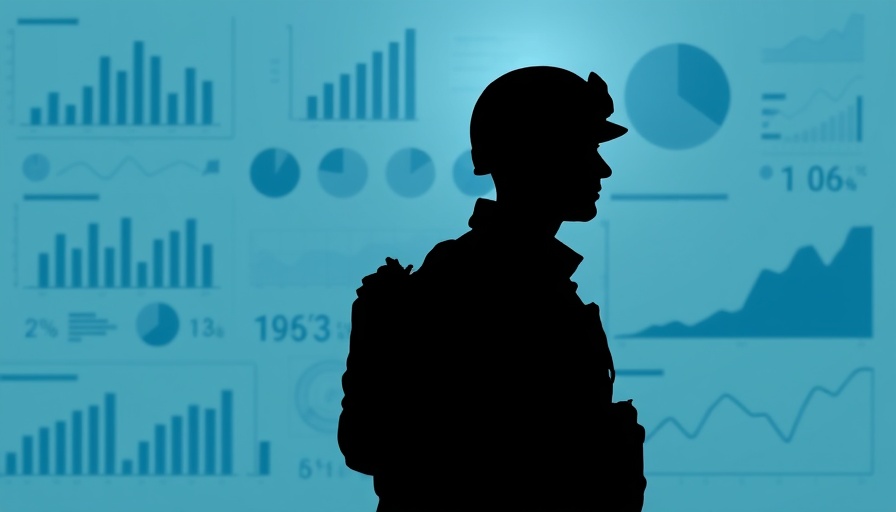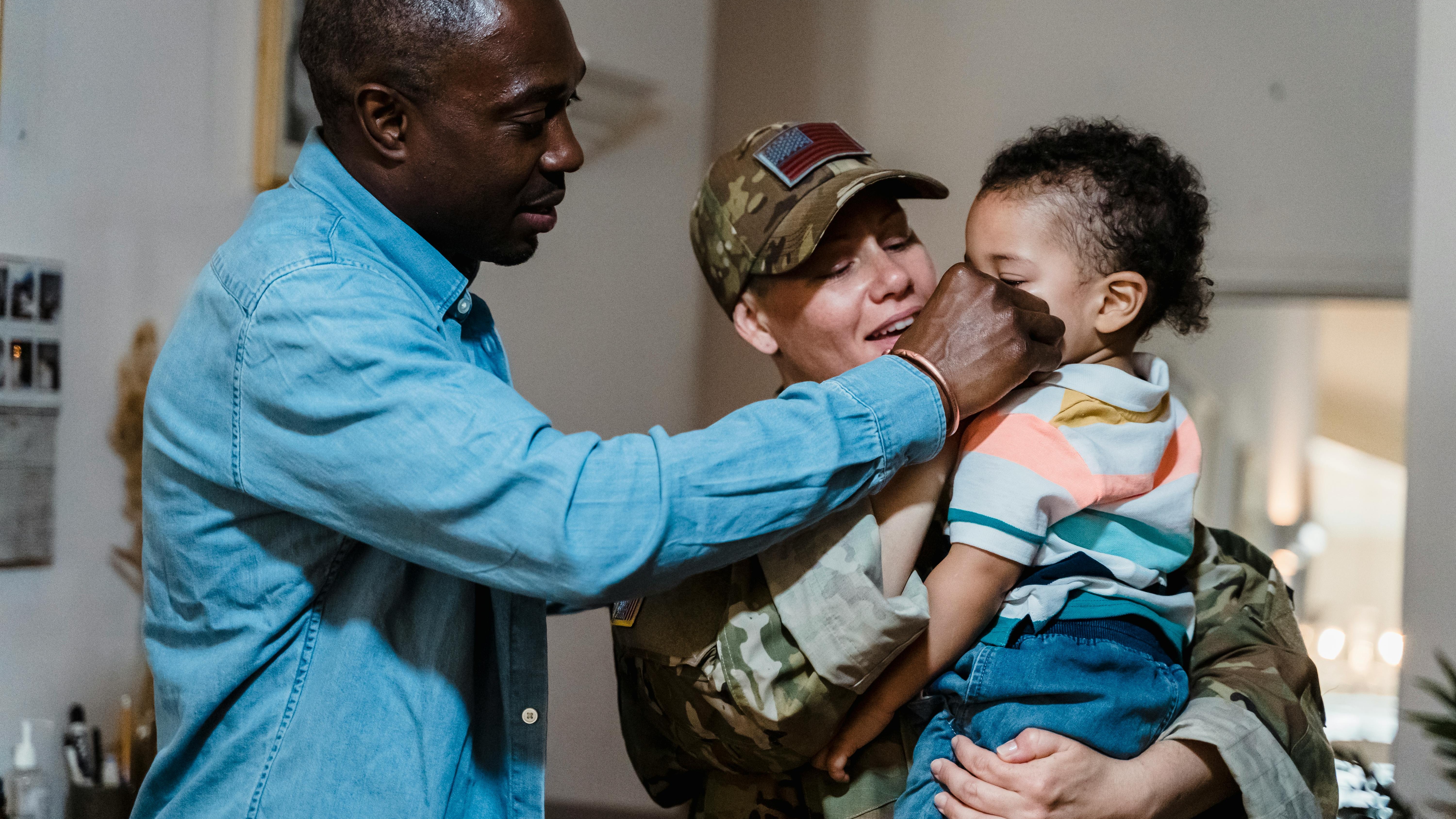
Understanding the Context: The Weight of Leadership
Leadership in the military transcends mere rank; it embodies responsibility towards the well-being of soldiers. In discussions about reducing corrosive behavior within the ranks, it is alarming how often the conversation rests on the nebulous concept of "leader presence." True leadership isn't simply about being around; it's about being effective in influencing and guiding behaviors. It’s essential to gather insights from diverse experiences and analytical data to create actionable strategies rather than rely solely on subjective perceptions of presence.
Leveraging Data: A New Approach to Combat Harmful Behaviors
The retrospective reliance on leader presence lacks the backbone of empirical support. Using tools such as the Unit Risk Inventory (URI) and Commander’s Risk Reduction Toolkit (CRRT) provides a data-driven approach toward assessing and mitigating risks related to soldier mental health and harmful behaviors. For instance, by evaluating URI data at Bravo Company, leaders recognized the alarming rates of suicidal ideation among new soldiers, prompting immediate strategic discussions and intervention programs.
Pathways to Proactive Solutions: An Evolving Leadership Model
Military leaders need to shift from reactive measures to proactive ones. Data allows commands to tailor interventions based on transitioning trends that directly affect unit morale and cohesion. By harnessing insights from the URI and CRRT, leaders can monitor risk factors in real-time, enabling timely interventions that can drastically lower instances of corrosive behavior.
Courage Through Action: Leadership Lessons from Military Valor
This proactive stance in leadership mirrors the core values instilled in soldiers, emphasizing courage and resilience. Just as service members demonstrate valor during high-stakes operations, leaders must engage their units with the same level of dedication. It's not just about being present during discussions; it’s about cultivating an environment of transparency and support, built on measured outcomes.
A Call to Action: Embracing Change for a Resilient Military Community
The onus is on military leaders to evolve their strategies in combating corrosive behavior. By embracing a data-centric approach coupled with authentic leadership engagement, a significant transformation can take place within military communities. Veterans and active-duty personnel, alongside their families, must feel secure in a culture that prioritizes mental well-being, respect, and readiness.
 Add Row
Add Row  Add
Add 




Write A Comment